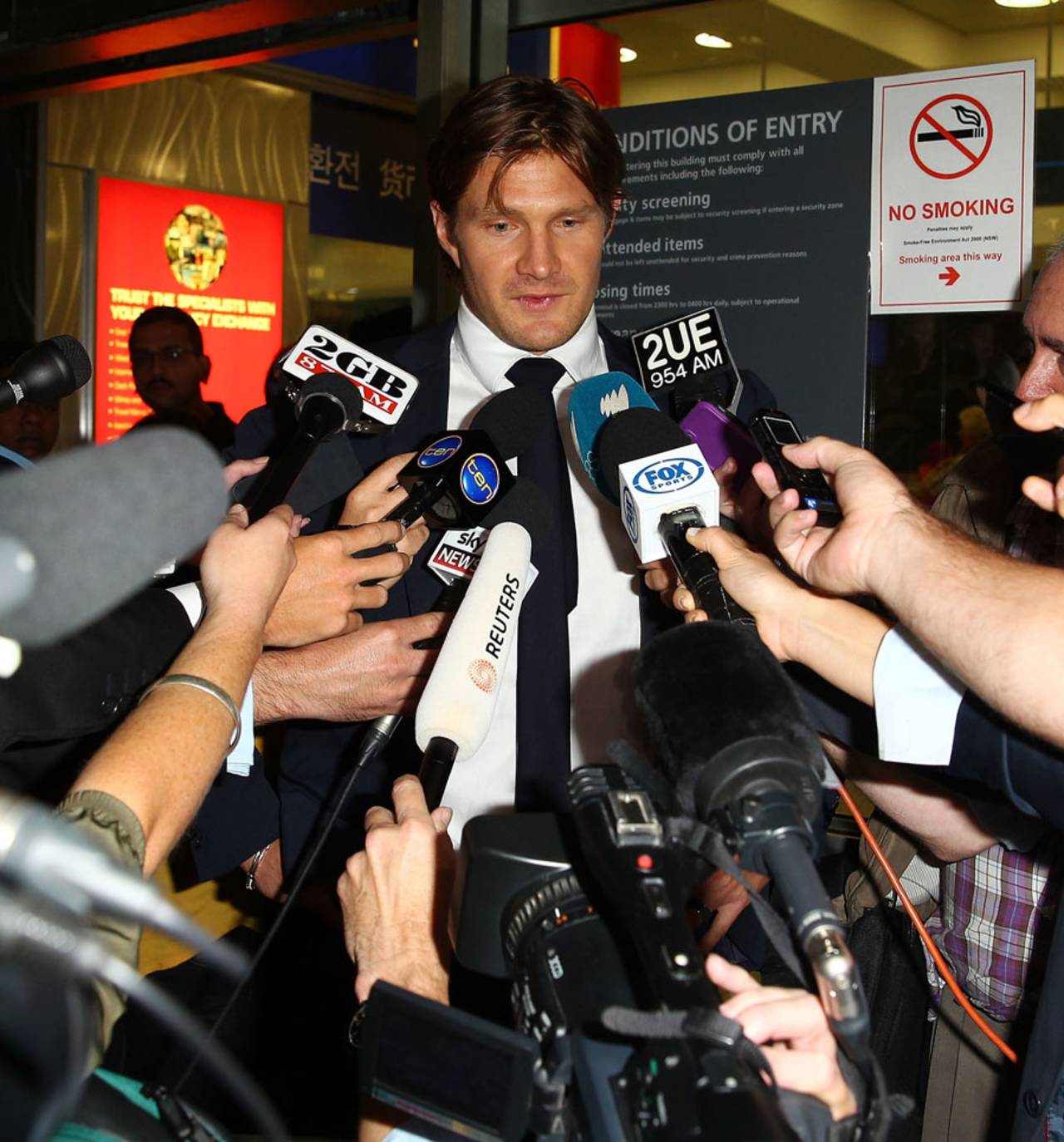For much of my adult life I've worked in the computer industry, which, like many professions that outwardly appear to be progressive, is in fact populated by people surprisingly resistant to change.
During most of my career I was a developer, designing and writing programs that complied with the prevailing in-house standards set out by my employers. It was work that at times could be fairly tedious. Work where you took greatest pleasure from any moment of genuine creativity you could carve out for yourself. It's for that reason that I tended to view company-wide standards as sensible guidelines to follow rather than hard and fast rules - with that tiny amount of extra flexibility giving me a disproportionate illusion of freedom in how I did my job.
So I wasn't overly impressed when developers at my company received a memo from one of our bright young things informing us he'd written a utility that could scan our work, line by line, to see if it complied with company standards. It checked that every 'i' was dotted, every 't' was crossed, naming conventions were followed to the letter and our work contained absolutely nothing that could scare the horses.
In truth this was a pretty good idea, yet I wasn't the only one underwhelmed by the prospect and so the chance to have our work assessed by an automated overseer was met only by an interest in whether we could find its Achilles heel.
It didn't take long. Within 15 minutes someone had tracked down the code for this new utility and used it to run a diagnostic check on itself. Much to our delight it produced a beautifully formatted report detailing its own numerous violations of company standards.
I'm not sure how Mr Bright Young Thing could have failed to realise this was our obvious first move, but he did, giving me the opportunity to ignore his efforts and continue working the same way I always had. Which suited me fine as, if I'm honest, I'd become rather set in my ways over time, one of those in my profession who was a little too resistant to change.
I was reminded of this when the
"homework-gate" story broke last week. There was something that struck a chord about the way ex-players rallied round the four members of the Australian touring party being disciplined for failing to produce three suggestions for how performances could be improved.
"Press coverage of sport can amplify a problem and trivialise it at the same time, dressing crisis in the clothes of farce and repackaging the absurd in the form of calamity. If Nikolai Gogol were alive today he would make a fine sportswriter"
"This isn't the way we used to do things," seemed to be the prevailing feeling. Players giving PowerPoint presentations? Being dropped from Test squads when they ignore management orders? It was all a little too new and threatening for some. Cricket seemed to be another workplace where people were surprisingly resistant to change.
Of course, the basic request by the Australia coach, Mickey Arthur, wasn't actually all that revolutionary. Cricketers have been asked to think about how they can improve their performance for as long as the game has been played, in professional teams at least. The punishment for failing to meet his request was harsh though. But then the straw that breaks the camel's back always appears insignificant in isolation.
In fact, taken in isolation the events of last week look pretty farcical. But why should that surprise us? Why should sport be different from any other workplace?
I've lost count of the times I've thought to myself, "This is a ridiculous way to make a living". I've spent plenty of time fixing problems created by somebody else's stupidity. I've bought the occasional drink for work colleagues who have had to fix problems created by mine. A standards-checking program that fails to conform to standards doesn't even crack my top 20 of dumbest things I've seen at work.
I'm willing to bet most people reading this article could say something similar. It seems to be a basic rule of humanity that if you bring enough people together eventually someone will make a stupid mistake.
Sport is perhaps slightly different, as press coverage can simultaneously amplify a problem and trivialise it at the same time. Dressing crisis in the clothes of farce and repackaging the absurd in the form of calamity. If Nikolai Gogol were alive today he would make a fine sportswriter.
But if it's true that sport doesn't so much build character as reveal it, then we have to expect that the absurd, the irrational, the unexpected and the inexplicable are exposed as well. And if cricket can truly be said to reflect life, we need to be less judgemental of all the misunderstandings, disagreements, stupid decisions and absurd stand-offs we see that surround the game, as they are just a reflection of the kind of ludicrous situations we've all experienced in our own working lives.
Dave Hawksworth has never sat in a press box or charged a match programme to expenses
